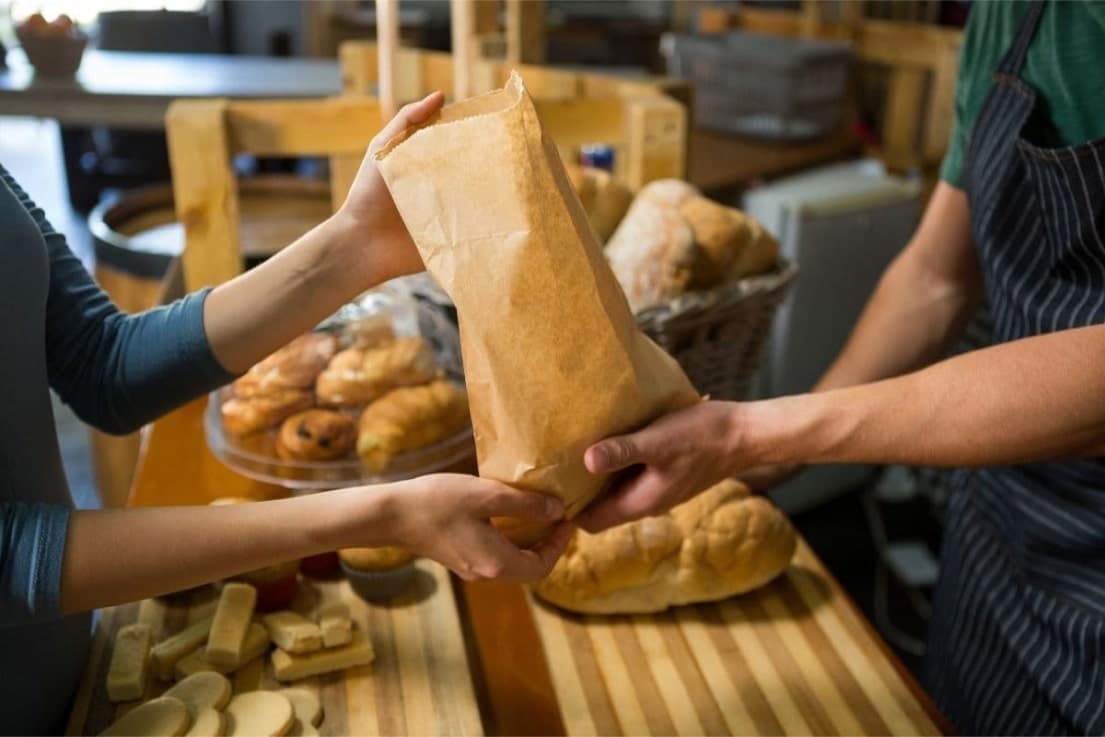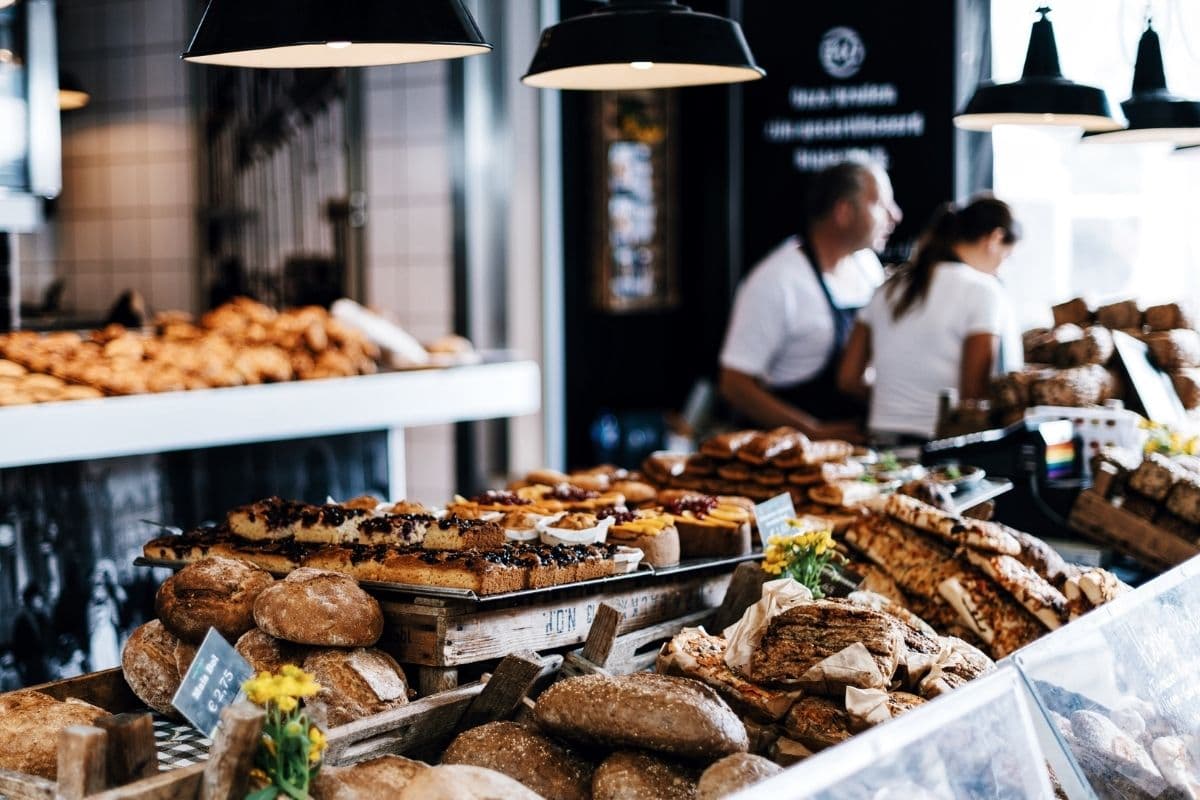Open a Bakery: Step by Step Guide to Creating Your Bakery’s Business Plan
Just like any other business, opening and running a successful bakery requires serious investment and planning. In addition to working on menu items and providing immaculate customer service, you also need to be familiar with handling the backend logistics side of your business.
At Suprima Bakeries, we aim to make your life as a bakery owner easier with our range of dough products and blog resources. To help make running or opening your bakery business easier, take a look at our step-by-step guide to creating a bakery business plan!
1) Keep Up With Business Logistics
A bakery is just like any other business – meaning there is a load of backend logistics to take care of. Make sure that you are on top of your business’s registration requirements, and also acquire the right legal permits before starting your bakery. You may also need to be aware of how you can protect your bakery’s intellectual property, as well as your tax obligations.
Permits and Food Safety

Depending on your state or territory’s legislation, council permits for your building as well as a food operators license may be necessary for running a bakery. For example, in New South Wales, you will typically need to hold a NSW Food Authority food business license or register with your local council.
For example, at our Suprima dough facility, located at Minto in Sydney’s South West, we hold a licence to operate a cold food storage business.
While planning your business, you will also need to account for the Australian Food Safety Standards. The (ANZFS Code) is a part of every state and territory’s food legislation, and requires businesses to follow relevant rules when it comes to:
- Food safety and hygiene
- Safe operations and food premises
- Labelling
- Advertising
Before starting up your bakery, it is important that you are aware of the ANZFS Code and how it applies to you. You may need to work with a qualified Food Safety Supervisor to make sure you are adhering to the food safety regulations specific to your industry and location.
Trade Marks
In Australia, it may also be wise to trademark your bakery business name before opening, to ensure your bakery’s intellectual property is kept original and secure.
You can register a trade mark for your bakery by applying with IP Australia. Prepare your application by gathering your:
- Contact details (as the owner of the trade mark)
- Names or phrases intended for trade marking
- Filing application fee
- Trade mark application form
You will also need to identify the correct legal class when applying for a trade mark. Research which class is most applicable to your bakery.
The following are potential classes for you to consider:
- Class 43: involves businesses offering foods and drinks (usually hotels and restaurant services)
- Class 29: includes foods such as dairy, meat, fish and preserved foods
- Class 30: covers foods such as bakery goods, confectionaries and spices.
If you are having trouble navigating through the trade mark registration process, but would still like to protect your intellectual property, consider working with a trade mark specialist or legal professional.
Goods and Services Tax (GST)
You will also need to register for Goods and Services Tax (GST) with the Australian Tax Organisation (ATO) as part of your bakery’s business plan.
2) Work With a Budget
How much does it cost to open a bakery?
Accompanying your business plan should be a detailed budget. Opening and running a bakery can be quite a costly endeavour, meaning you will need to assess your finances and budget accordingly. By following the tips in this blog, you should get a better idea on how much it costs to open a bakery.
First determine the startup cost for your bakery (for example, the amount you will need to purchase equipment, rental space, council approvals, etc.), and then consider the costs for continuing operations such as purchasing ingredients and ongoing labour.
It may be helpful to record your estimated startup expenses in a spreadsheet. It may include line items such as:
- Raw ingredients (ingredient costs may comprise 20 to 25% of your gross sales)
- Legal
- Location premises renovation
- Marketing and advertising
- Payroll
- Insurance
- Expensed equipment.
To help you gain a better understanding of the financial feasibility of running a bakery, it may be helpful to work with an accountant. An accountant can help separate your personal finances and your business finances, and determine how you can run your bakery sustainably and profitably.
3) Research Your Location and Consider Your Space

The ideal size of your bakery is dependent on the type of bakery you would like to run. For example, a bakery or cafe with dine-in services may require more space than a counter-type bakery where customers are simply in-and-out when purchasing their baked goods.
The size of your bakery is also important to consider. If you are planning to bake on-site, you will need up to 50% more space than a standard kitchen.
It is also important to find out about your local area’s demographics. By knowing who lives in your area, you may be able to customise your product offering to them. Common demographic measures to research include:
- Average age
- Nationality or background
For example, some communities have large Portuguese populations and Portuguese tarts would be a popular choice. Others have large
Greek populations, so products like Greek cakes, slices and biscuits might work well. Your bakery could create products to suit these local communities.
- Number of people in a household (families versus single professionals)
As such, it is important to decide on a physical location for your bakery while considering your long term goals and vision for your bakery.
4) Decide on and Develop Your Menu

Whether you are looking to simply sell baked goods or compliment your pastries with other drinks and desserts, figuring out your menu is key to running a successful bakery.
You may want to decide on a rough selection of menu items and their pricing during the business planning stage of your bakery.
The food industry is also constantly changing, with new baking trends taking the industry by storm every couple of weeks. As such, don’t be afraid to add or remove menu items later down the line.
It is important to make sure your menu is flexible, and that you have the baking skills to create and adapt to what is appreciated in the baking industry.
Otherwise, sticking with a few classic baked goods will also ensure you never lose any faithful customers. These include:
- Sweet and seasonal options
- Scrolls
- Rolls
- Bread loaves
- Flatbread
5) Manage Your Time and Resources
One of the key steps to running a successful bakery is learning how to manage your time and resources. Not only do you need to wake up at early hours of the morning to make and bake your bread, you are also juggling competing priorities. These include:
- Sourcing raw ingredients
- Servicing and maintaining your commercial equipment
- Providing exceptional customer service
- Managing your team members, rosters and pay cycles
- Innovation and product development
- Taking care of business administration and sorting out your finances
Managing all of these tasks really doesn’t leave much time for anything else!
As such, it is important to figure out how you can run your bakery sustainably. For some bakers, this may mean purchasing frozen dough to lighten their workload and save their time baking.
At Suprima, we provide Australian bakeries with premium, high-quality and consistent dough products to save hard-working bakers like you time and money. Have a look at our range of dough products here.
Do you want to know how much money you might be able to save by switching to Suprima’s dough range? Use our efficiency calculator here to find out how much you can save by using our premade dough products, instead of baking from scratch!
Running Your Bakery With a Business Plan
Opening and running your bakery can be both rewarding and challenging at times. In order to run your bakery successfully, it is important for you to work with a business plan. Your bakery’s business plan should account for the business logistics side of things, as well as more general factors such as location, budgeting and resource management.
With our step-by-step guide to creating a bakery business plan and our range of dough products to help you out, your bakery is sure to flourish!




